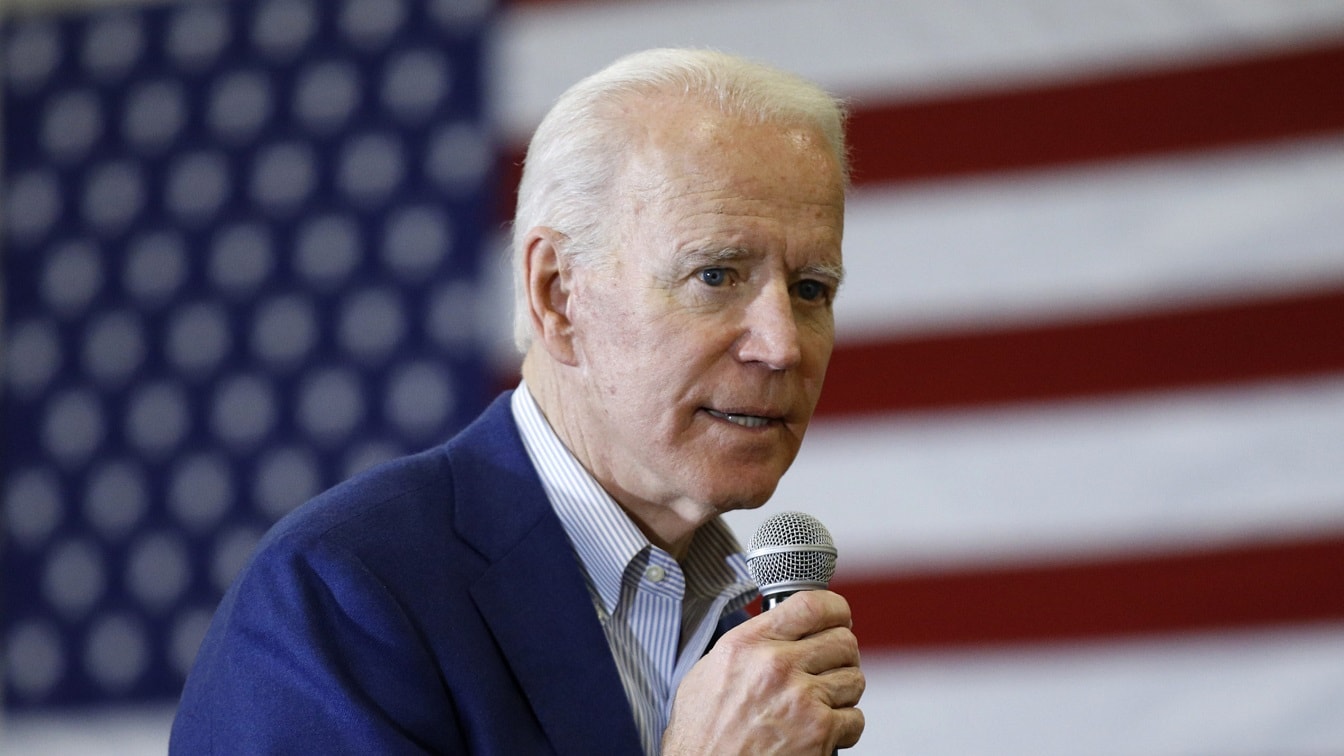President Joe Biden’s re-election campaign has taken an unexpected step into the realm of social media, joining Truth Social, a platform launched by former President Donald Trump known for its conservative user base.
The Biden-Harris 2024 campaign unveiled its presence on the platform under the handle @BidenHQ, emphasizing humor and outreach as motives.
Biden’s Truth Campaign
The campaign’s profile on Truth Social sports a banner image declaring, “the malarkey ends here,” a nod to Biden’s iconic catchphrase. In a Tweet from their Twitter account, the campaign admitted their decision to join Truth Social was driven by a sense of humor. They highlighted this by choosing a profile image commonly referred to as “Dark Brandon,” a meme portraying Biden with laser eyes, derived from the “Let’s Go Brandon” chant popular in right-wing circles.
The Biden camp, with a touch of wit, encouraged a diverse audience, stating, “Well. Let’s see how this goes. Converts welcome!”
The Biden team told Fox News Digital that their decision to join Truth Social was aimed at “meeting voters where they are.” This strategy intends to reach out to a segment of the population that aligns with more conservative views while addressing and countering misinformation about President Biden that often circulates on such platforms.
Humor or Misinformation?
As the battle over free speech and misinformation rages on major social media platforms, alternate platforms like Truth Social have emerged, promoting minimal content moderation. This approach, however, has raised concerns about the spread of misinformation.
While Truth Social currently boasts an estimated 2 million users, it is important to note the significant disparity in user base when compared to social media giants like Facebook, which commands nearly 3 billion users, and Twitter, with about half a billion users.
President Biden’s foray into Truth Social brings an element of lightheartedness and outreach to the increasingly digital landscape of political campaigns. The campaign aims to connect with a broader audience, transcending party lines while using humor to convey its message.
The Importance of Social Media
One of the most prominent effects of social media on politics is the speed at which news, polls, and rumors are disseminated. Unlike in the past, where news was predominantly obtained from traditional media sources, social media offers a 24/7 stream of updates and opinions. This immediacy has altered how voters access information and engage with political discourse.
Online platforms such as Twitter and Facebook have revolutionized the way political campaigns interact with their audience. Candidates now have the means to directly engage with voters through virtual events, live streams, and real-time interactions. This accessibility has democratized the political process, allowing a broader spectrum of people to engage with and participate in the political conversation.
However, the surge of information on social media has also brought challenges. The rise of fake news, misinformation, and confirmation bias are significant concerns. It’s becoming increasingly difficult to discern credible sources from unreliable ones, which can potentially skew public opinion and influence political decisions.
Georgia Gilholy is a journalist based in the United Kingdom who has been published in Newsweek, The Times of Israel, and the Spectator. Gilholy writes about international politics, culture, and education.

